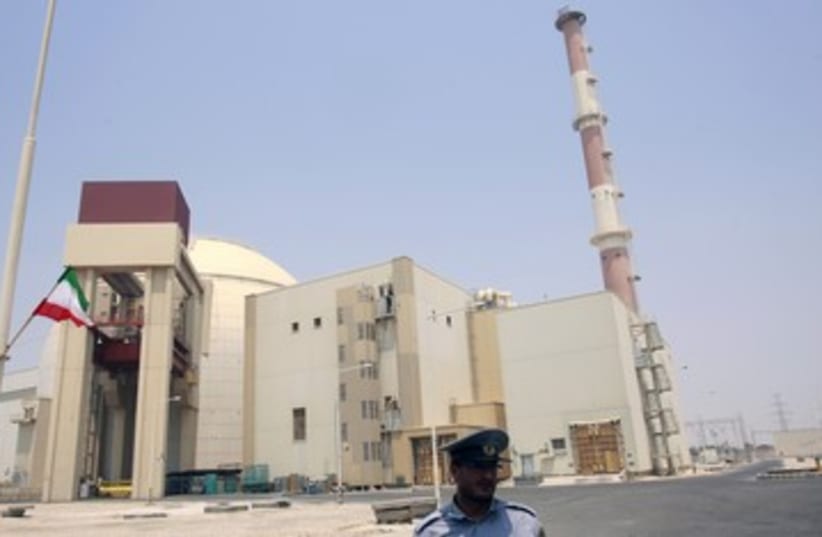Tehran denies Greece oil shipment in retaliation to sanctions
Also on Sunday, Iran refused to give Greece a shipment of 500,000 barrels of crude oil in a retaliatory measure against European Union sanctions on the Islamic state's lifeblood, oil, the semi-official Fars news agency reported."Oil tankers that had come to transfer 500,000 barrels of Iranian oil to a refinery in Greece had to go back empty-handed after Iran refused to give the shipment," Fars reported, without giving a source. Oil Ministry officials were not available to comment.The European Union in January decided to stop importing crude from Iran from July 1 over its disputed nuclear program, which the West says is aimed at building bombs. Iran denies this.Iran stopped selling crude to British and French companies last week after Iran's oil minister said on Feb. 4 that the Islamic state would cut its oil exports to "some" European countries.The European Commission has said that the bloc would not be short of oil if Iran stopped crude exports, as they have enough in stock to meet their needs for around 120 days.Fars said the tankers were "destined to the Greek refiner Hellenic."Traders told Reuters on February 24 that Swiss-based Totsa, the trading arm of French oil major Total, and trading house Mercuria were in separate negotiations with Greek refiner Hellenic Petroleum to help it replace Iranian crude.Glencore, a leading Swiss-based commodities trader and one of the few that conducted business with Greece during the debt crisis, may also boost supplies, trading sources have said.Hellenic would pay back the traders with refined products, which could then be sold in Greece or abroad.
